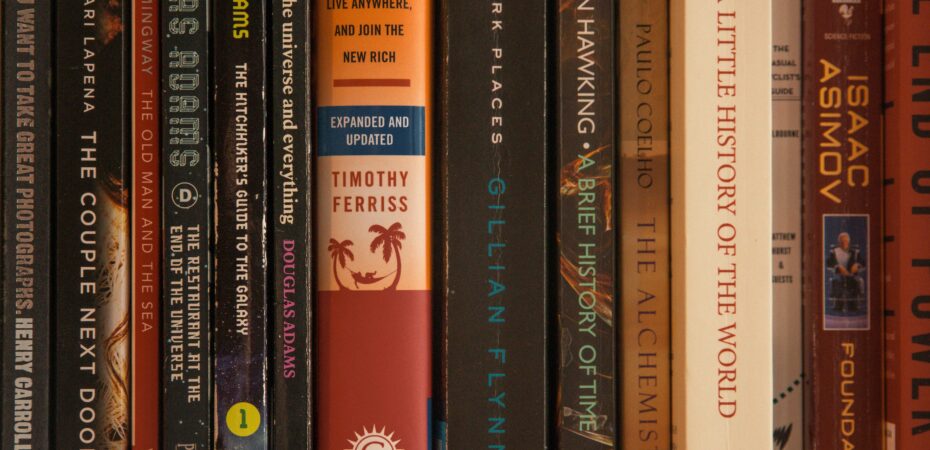Here is the latest in our ongoing series showcasing diverse career paths for researchers. Katharine Easterby shares careers insights after making the move from academia to the publishing industry where she has progressed from Office Assistant to Senior Production Editor. Many thanks to Katharine for generously sharing her wisdom and advice.
Please share a brief overview of your research career. I did a PhD in English Literature at the University of Liverpool.
How did you become aware of this career option? I attended a careers event for doctoral students where I heard a talk by Liverpool University Press on working in academic publishing.
Next steps: Look for online or in-person events in or beyond the University to learn more about the publishing industry.
What attracted you to having a career in academic publishing? After completing my PhD, I enjoyed teaching in universities and doing various administrative jobs. I realised that I didn’t want to be an academic but particularly liked working in a university setting. A career in academic publishing seemed ideal for me, as it would allow me to work in an academic context and express my love of the written word.
Next steps: Reflect on your values and personality traits using the tools in the Prosper Portal
Can you talk us through the steps you took to make the transition into academic publishing? What sources of information, advice, or guidance and other resources did you use? I searched the internet for jobs at Liverpool University Press and, fortunately, the role of Office Administrator was being advertised and matched my skill set. I applied and got the job. I had done a fortnight’s work experience at a trade publisher directly after finishing my undergraduate degree and so was familiar with what many departments in a publishing company did.
Next steps: Find out more about the publishing industry in the UK on the Prospects website (different from Prosper!)
What did you learn from making your career transition that would be helpful to other researchers just starting to think about possibilities? I realised how important strong administrative skills are in all roles in academic publishing, and that it’s vital to be able to demonstrate these skills when applying for jobs in the sector. I also learnt that, once you have one job in academic publishing, it’s possible to move into roles in other departments.
What does a Senior Production Editor do? I work almost solely on journals although Production Editors often work on books too. I’m responsible for quality control for journals and making sure they meet publication deadlines. I hand over manuscripts to be sent for copyediting and typesetting, check final files before sending them for publication, liaise with authors, journal editors, and printers, do costings for new journals, and attend editorial meetings.
Next steps: Identify people in your network who work in publishing or who might know people in publishing and set up an informational interview to find out more
Use the Linkedin Alumni tool for universities you’ve graduated from to identify fellow alumni you could connect with and arrange for an information interview. Watch this short video on how to make the most effective use of the Linkedin Alumni Tool and visit the University of Edinburgh Alumni page to have a go yourself.
What are the most important transferable skills and qualities you gained as a researcher and you use in your current role? Being a researcher requires excellent written communication skills, attention to detail, and knowledge of the conventions of academic writing. These skills are invaluable in my role in Production.
Next steps: Reflect on your skills and interests using the tools in the Prosper Portal
If someone wants to become a Senior Production Editor, what is 1 helpful thing they could do right this minute to get started? Look at adverts for Production Editor jobs and see what experience, skills, and qualities employers are looking for. Make a note of the criteria which you meet and provide evidence. This will give you something to draw on when you come to make your first application. If there are criteria that you don’t meet, make a plan for how you’re going to get the missing experience and skills and act on it.
Next steps: Browse and analyses vacancies – the University of York Careers Service has suggestions for sector specific vacancy sites
Read our advice for research staff on gaining relevant work experience
Find out more about all the career management support IAD offers, including career development discussion with our professionally qualified careers consultants for research staff, Eleanor and Darcey.
*This activity has been developed by The Institute for Academic Development to improve the University of Edinburgh research cultures as part of the University’s research cultures action plan.


